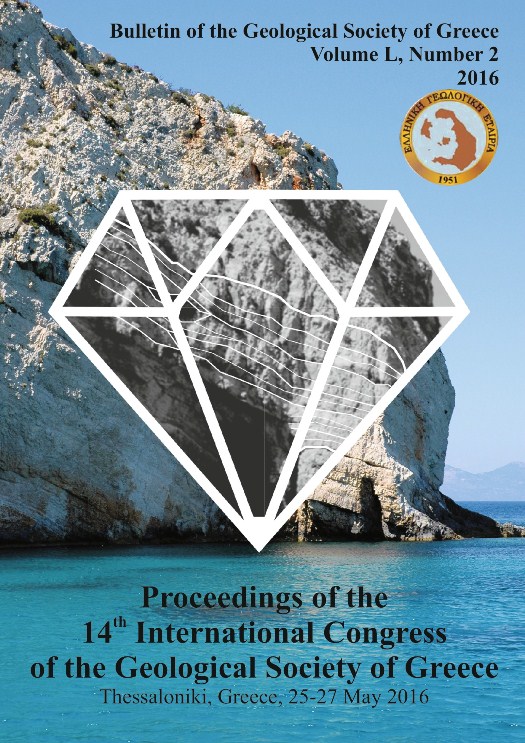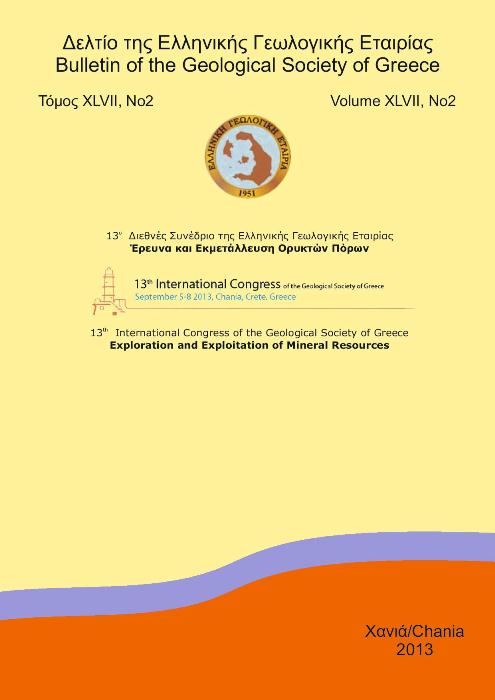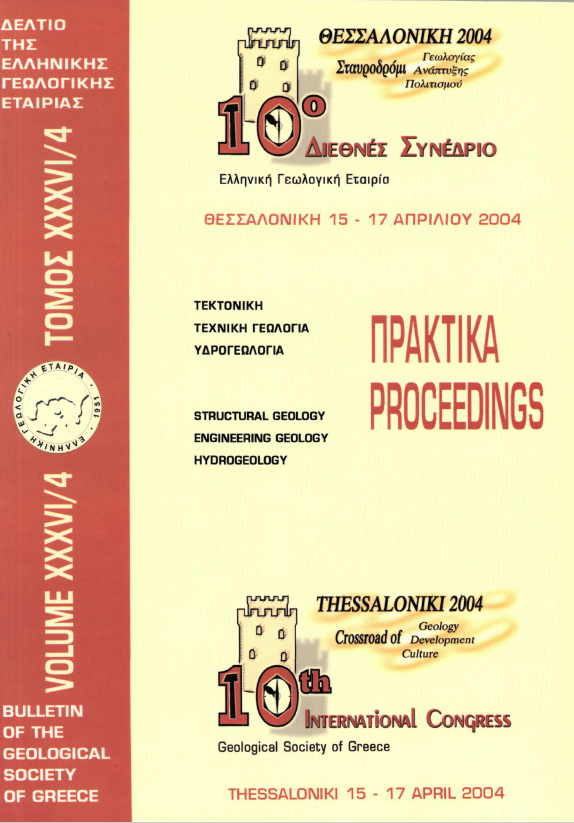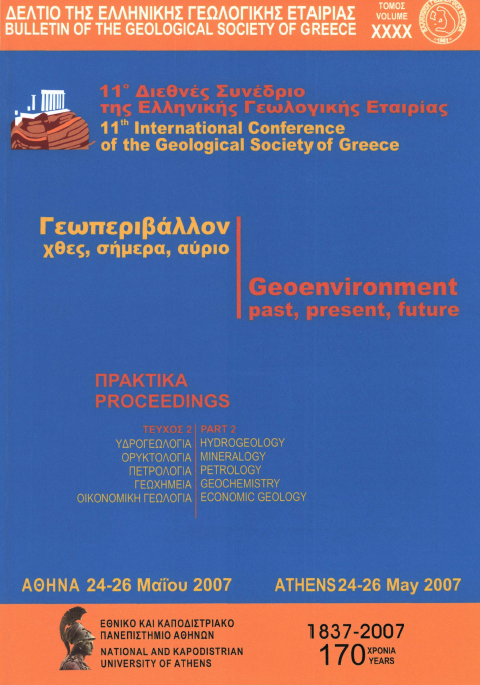IMPLEMENTATION OF DPSIR FRAMEWORK IN THE MANAGEMENT OF THE ALMYROS BASIN, MAGNESIA PREFECTURE
Résumé
In this paper, the implementation of the framework DPSIR is presented in the coastal part of the Almyros Basin, Magnesia Prefecture. The procedure included the use of previous relevant geological, hydrological, hydrogeological and management studies, regarding the study area, the results of which are classified and assigned to the driving forces, pressures, states, impacts and responses of the DPSIR method for the area under investigation. The approach concluded to an interesting visualization of the current situation of the urban and natural environment of the study area, promoting the recognition of problems arising from the intervention of the human factor and directing environmental actions towards a rational water resources management in the wider region.
Article Details
- Comment citer
-
Lyra, A., Pliakas, F., Skias, S., & Gkiougkis, I. (2016). IMPLEMENTATION OF DPSIR FRAMEWORK IN THE MANAGEMENT OF THE ALMYROS BASIN, MAGNESIA PREFECTURE. Bulletin of the Geological Society of Greece, 50(2), 825–834. https://doi.org/10.12681/bgsg.11789
- Rubrique
- Engineering Geology, Hydrogeology, Urban Geology

Ce travail est disponible sous licence Creative Commons Attribution - Pas d’Utilisation Commerciale 4.0 International.
Authors who publish with this journal agree to the following terms:
Authors retain copyright and grant the journal right of first publication with the work simultaneously licensed under a Creative Commons Attribution Non-Commercial License that allows others to share the work with an acknowledgement of the work's authorship and initial publication in this journal.
Authors are able to enter into separate, additional contractual arrangements for the non-exclusive distribution of the journal's published version of the work (e.g. post it to an institutional repository or publish it in a book), with an acknowledgement of its initial publication in this journal. Authors are permitted and encouraged to post their work online (preferably in institutional repositories or on their website) prior to and during the submission process, as it can lead to productive exchanges, as well as earlier and greater citation of published work.







